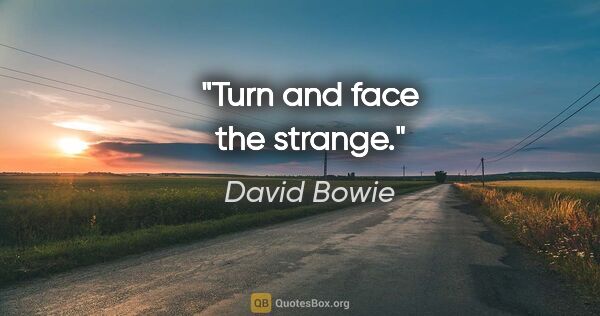Faces Quotes (page 55)
It is by studium that I am interested in so many photographs, whether I receive them as political testimony or enjoy them as good historical scenes: for it is culturally (this connotation is present in studium) that I participate in the figures, the faces, the gestures, the settings, the actions.
Roland Barthes

The only one who didn't know was George Lucas. We kept it from him, because we wanted to see what his face looked like when it changed expression--and he fooled us even then. He got Industrial Light and Magic to change his facial expressions for him and THX sound to make the noise of a face-changing expression.
Carrie Fisher
Now, though, that meadow scene is the first thing that comes back to me. [...] And yet, as clear as the scene may be, no one is in it. No one. Naoko is not there, and neither am I. Where could we have disappeared to? How could such a thing have happened? Everything that seemed so important back then - Naoko, and the self I was then and the world I had then: where could they have all gone? It's true, I can't even bring back her face - not straight away, at least. All I'm left holding...
Haruki Murakami
Just slap anything on when you see a blank canvas staring you in the face like some imbecile. You don't know how paralyzing that is, that stare of a blank canvas is, which says to the painter, ‘You can't do a thing’. The canvas has an idiotic stare and mesmerizes some painters so much that they turn into idiots themselves. Many painters are afraid in front of the blank canvas, but the blank canvas is afraid of the real, passionate painter who dares and who has broken the spell of `you can't'...
Vincent Van Gogh
While he writes, I feel as if he is drawing me; or not drawing me, drawing on me - drawing on my skin - not with the pencil he is using, but with an old-fashioned goose pen, and not with the quill end but with the feather end. As if hundreds of butterflies have settled all over my face, and are softly opening and closing their wings.
Margaret Atwood
Days and nights passed over this despair of flesh, but one morning he awoke, looked (with calm now) at the blurred things that lay about him, and felt, inexplicably, the way one might feel upon recognizing a melody or a voice, that all this had happened to him before and that he had faced it with fear but also with joy and hopefulness and curiosity. Then he descended into his memory, which seemed to him endless, and managed to draw up from that vertigo the lost remembrance that gleamed like a...
Jorge Luis Borges

